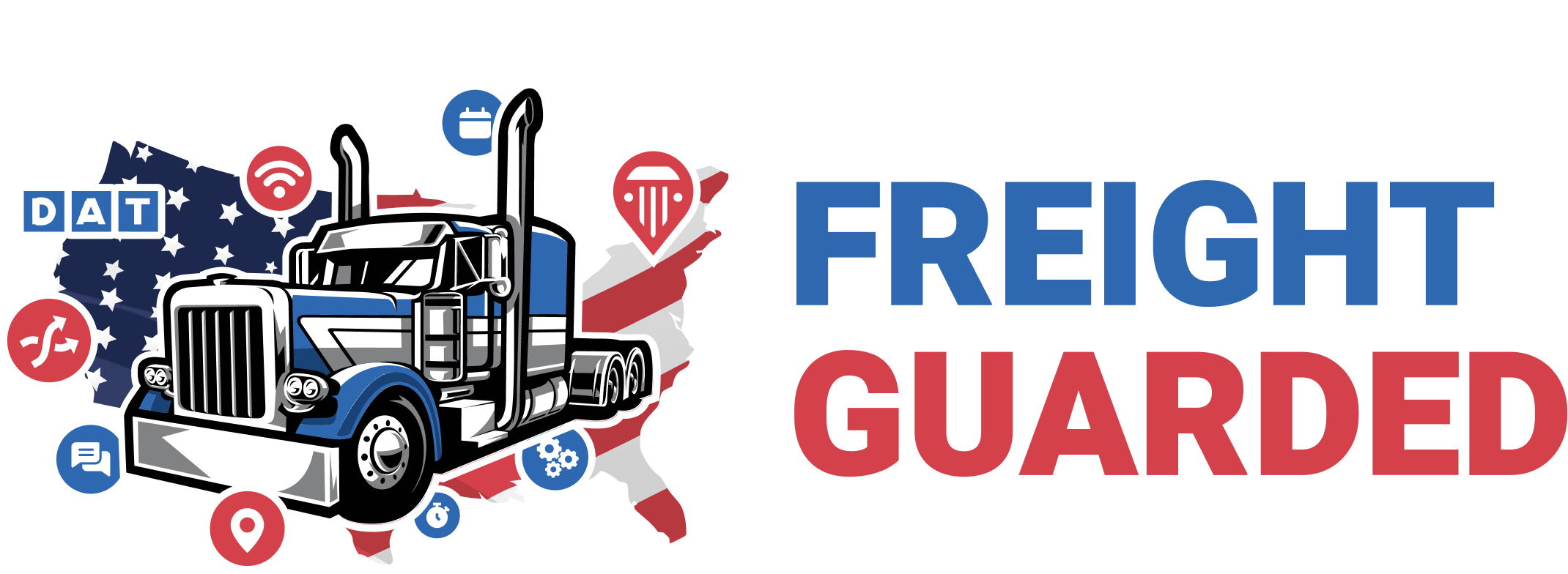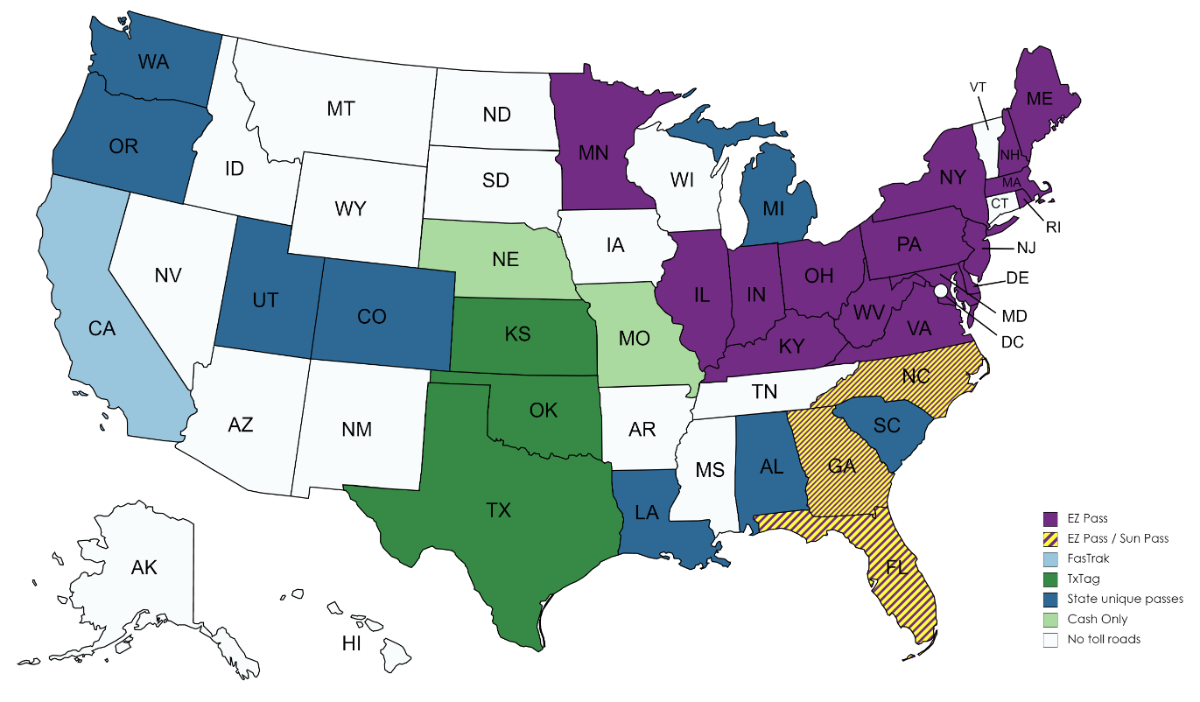The United States toll system comprises a network of toll roads, bridges, and tunnels, where fees are charged to vehicles for access and transit. For trucking companies operating Commercial Motor Vehicles (CMVs), managing toll costs is a crucial aspect of logistical planning and cost management. Toll charges for trucks are typically higher than those for passenger vehicles and are calculated based on various factors such as the vehicle's size, weight, axle count, and the specific toll facility used.
Key Components of the Toll System
- Toll Facilities: The USA has a mix of state-owned and privately operated toll facilities. Each has its own pricing structure, payment methods, and discount programs.
- Toll Pricing: Toll fees for trucks can vary widely. Factors influencing pricing include the type of road (bridge, tunnel, highway), geographic location, time of day (peak vs. off-peak hours), and the vehicle's physical characteristics.
- Payment Methods: Modern toll facilities offer electronic toll collection (ETC) systems, such as E-ZPass in the Eastern and Midwestern states, FasTrak in California, and SunPass in Florida. These systems allow for seamless toll transactions and often provide discounted rates.
Tips for Trucking Companies to Manage Toll Costs
- Use Toll Calculators: Before planning a route, use toll calculators or route planning tools to estimate toll costs. Tools like TollGuru and Tollsmart can provide estimates that help in choosing the most cost-effective routes.
- Invest in ETC Accounts: Register for electronic toll collection accounts relevant to your routes. ETC systems not only save time at toll booths but can also offer discounts.
- Optimize Routes: Use GPS and route optimization software to plan routes that balance time, fuel consumption, and toll costs. Avoiding unnecessary toll roads when possible can lead to significant savings.
- Fleet Toll Management Services: Consider using toll management services like Bestpass or PrePass Plus, which consolidate toll expenses, offer discounts, and provide detailed reporting to help manage and reduce toll costs.
- Stay Informed About Discounts: Many toll authorities offer volume discounts or special rates for frequent users. Stay informed about these options and register for any discount programs that fit your operation.
- Monitor and Dispute Charges: Regularly review toll transactions for inaccuracies. Automated toll systems can sometimes misclassify vehicles or make other errors, leading to overcharges.
- Educate Drivers: Ensure that drivers are aware of toll policies, payment methods, and the importance of following the designated toll routes to avoid violations and additional fees
Most Expensive Tolls
- Northeastern U.S.: The Northeast Corridor, including states like New York, New Jersey, Pennsylvania, and Maryland, is known for some of the highest toll rates in the country. Facilities like the George Washington Bridge, the Verrazzano-Narrows Bridge in New York, and the Pennsylvania Turnpike can be particularly costly for trucks.
- Major Metropolitan Areas: Outside the Northeast, other large metropolitan areas across the country also tend to have higher toll rates. This includes cities like Chicago, with its Skyway and Tollway system, and the San Francisco Bay Area with bridges like the Golden Gate and Bay Bridge.
- Specialized Infrastructure: Tunnels and major bridges, such as the Chesapeake Bay Bridge-Tunnel in Virginia, also tend to have higher toll rates due to the higher costs associated with their maintenance and operation.
Cheapest Tolls
- Midwestern and Southern States: Some Midwestern and Southern states have relatively lower toll rates. This includes states like Oklahoma, Texas (outside of major urban toll roads), and Kansas. However, the presence of toll roads can vary significantly within these regions.
- Rural Areas and Smaller Toll Facilities: Rural areas and smaller toll facilities across the country may offer lower toll rates compared to major urban centers and critical infrastructure links.
- Discount Programs: Many toll facilities offer discount programs for frequent users or for those using electronic toll collection systems like E-ZPass. These discounts can significantly reduce the cost per passage for trucks and other commercial vehicles.
It's important to note that toll costs are subject to change and can be influenced by policy changes, infrastructure funding needs, and other factors. Trucking companies and drivers should use toll calculators and route planning tools to stay updated on current rates and to plan the most cost-effective routes. Additionally, participating in electronic toll collection systems and discount programs can help mitigate some of these costs regardless of the region.

.thumb.jpg.79710ba0be5a9f3be83fb45bcaf36e79.jpg)
